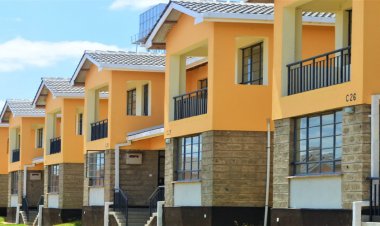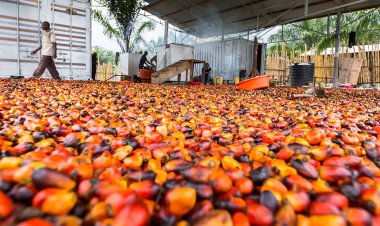Factors Differentiating Payment of Land Rents For Leasehold Property

There are two ways to acquire land from the government in Kenya; through leaseholds and freeholds.
Here, we shall address all information in relation to leasehold properties. These properties often come from the colonial era when they were trying to bring in and attract settlers. Areas like Buruburu, in Kenya were initially set up for purposes of settling people and ensuring that there is good housing near the city.
A leasehold property comes with the obligation of paying rent to maintain your title deed, but your period of ownership is limited to 99 years, 55 years, or 30 years.
Payment of land rent
The payment is purely an arrangement of a landlord and a tenant. The landlord being the government.
Factors considered when calculating the land rental fees
Are you paying land or property rents higher than your neighbor and you are wondering why? Maybe you are in the same location or using your lands for the same purpose yet still your rents are higher? Let's find out some of the reasons why by looking at the following factors used to calculate the rental fees one pays for their leasehold property.
1. As a factor of commerce
Contrary to popular belief, leaseholds' rental fees are mostly calculated based on factors of commerce and not necessarily the location of a specific property.
Taking the example of Nairobi City and Buruburu Town. Nairobi is an industrial area as well as a commercial area where people come to do business. Therefore, when calculating the rent for a property in the city, one would look at it as high value and hence charge high value. While persons owning property in Buruburu Town, not far from Nairobi's CBD area, but a residential area are charged less.
The reason for the charges disparity is: You cannot charge a factory owner the same amount of rents as a Buruburu owner, because you are aware that the latter's property use is not for making money.
Even if they might rent out their property or set up shops and schools within the area but the intention is still not that it would be a space where they are getting The most money out of it .
2. Land and property appreciation.
Places that have their value constantly appreciating tend to have rent that is constantly appreciating as well.
The Glitch
Say you own an acre of land in Lavington and you decide to sub-divide it and then suddenly your land rents become ridiculously higher than before yet your neighbor's rents have not changed at all you wonder why and how did that happen?
This is because technically, places like Lavington should have higher land and property rents but because the land offices have slaked and have not been diligent in keeping a revision of rent actively going.
So when sub diving your land, that's when the government catches you and quickly increases the rents because they know the value in Lavington has long changed.
This could mean that, you who has recently sub -divided your one acre of land will pay a much higher land rent than a neighbor who has a larger piece of land but has never dealt with it for the last 50years. This is because their land rents would still be the older land rents due to a lack of diligence from the land offices.
3. Change of use
Areas that were initially purely residential areas such as Kilimani but have overtime developed into commercial areas due to the rise of many commercial buildings tend to end up paying higher land Rents.
If you are a resident in Kilimani, and you want to set up a commercial area, the land offices will catch you when you visit them for the purposes of change of use. So when giving you the change of user, they will now set as one of the terms, a change of rental. Again, you might be a local bank paying hundreds of thousands for your rental, and the next-door neighbor that is an old colonial house pays fifty shillings.

































